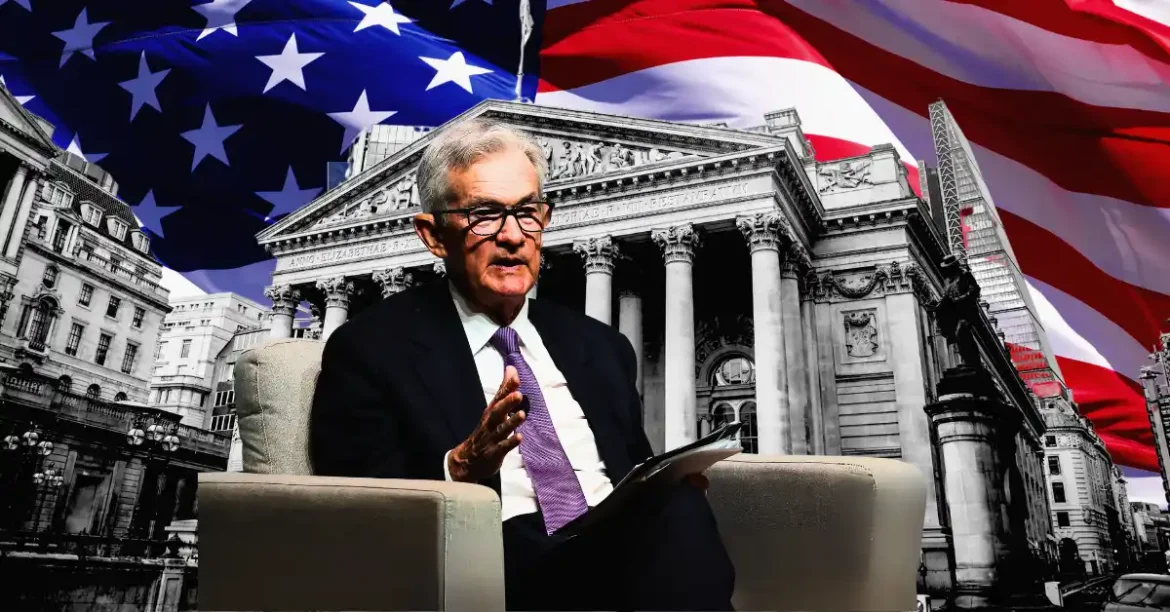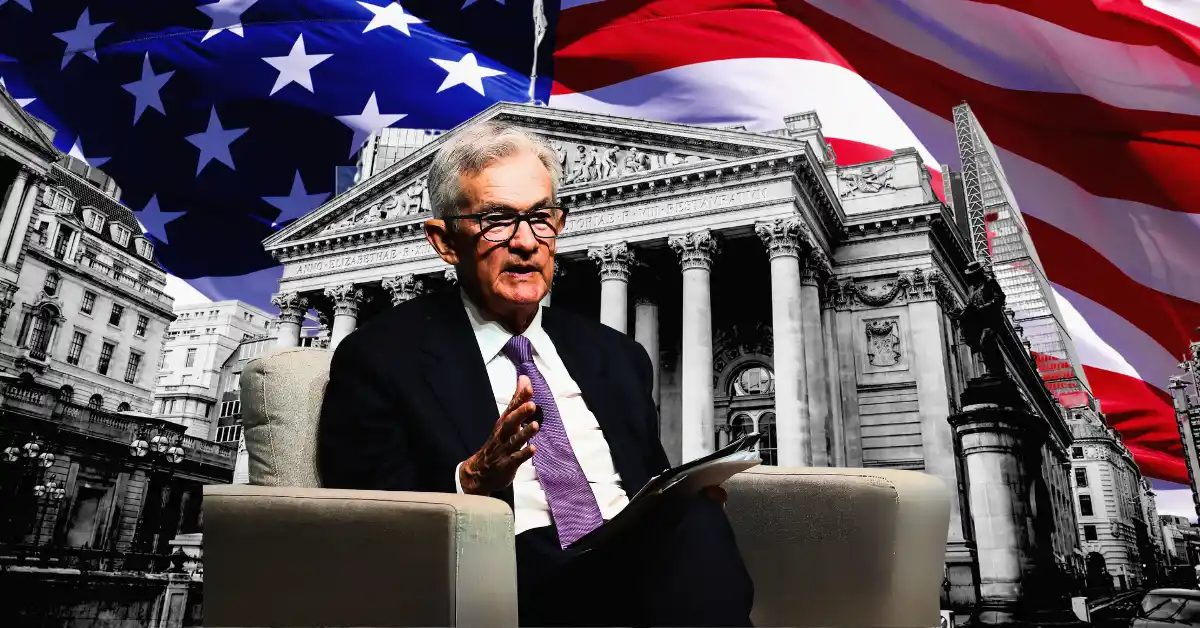The controversy surrounding Federal Reserve Chair Jerome Powell and the $2.5 billion renovation of the Fed’s headquarters has ignited a firestorm of debate, raising critical questions about transparency, accountability, and the public’s trust in financial institutions. At the heart of the dispute is an accusation that Powell misled Congress about the nature of the renovation project, with critics alleging that the upgrades include lavish amenities that resemble a “Palace of Versailles.” This controversy unfolds against a backdrop of economic uncertainty, political polarization, and growing scrutiny of the Fed’s operations.
The allegations stem from testimony Powell provided to the Senate Banking Committee, where he reportedly downplayed the extravagance of the renovation. However, planning documents suggest the project includes more than just essential repairs, leading to accusations of misrepresentation. William J. Pulte, Director of the Federal Housing Finance Agency (FHFA), has called for a congressional investigation, arguing that Powell’s testimony was misleading. The discrepancy between Powell’s public statements and the documented plans has fueled skepticism about the Fed’s commitment to transparency and fiscal responsibility.
The implications of this controversy extend far beyond the walls of the Fed’s headquarters. The institution’s credibility hinges on public trust, and any perception of dishonesty could have lasting consequences. If Powell is found to have misled Congress, the fallout could include calls for his resignation or even impeachment. The controversy also reignites the debate about the Fed’s independence and the appropriate level of congressional oversight. Critics argue that the Fed operates with too little transparency, while defenders emphasize the need for independence to ensure sound monetary policy.
The political landscape adds another layer of complexity to the situation. With elections on the horizon, any perceived misstep by a high-ranking official can quickly become a political issue. Powell has faced criticism from both sides of the aisle in the past, making this controversy particularly sensitive. The timing of the allegations could further polarize an already divided political climate, with both sides seizing on the opportunity to score points.
Several possible scenarios could unfold in the coming weeks and months. A congressional investigation is likely, involving the review of documents and the summoning of witnesses to determine the truthfulness of Powell’s testimony. Powell and the Fed will likely mount a vigorous defense, arguing that the renovation is necessary to modernize outdated facilities. If the investigation concludes that Powell misled Congress, the repercussions could range from public censure to calls for his resignation. Regardless of the outcome, the controversy is likely to have a lasting impact on the Fed, potentially leading to increased scrutiny and demands for greater transparency.
Beyond the immediate controversy, the case raises fundamental questions about the relationship between government, financial institutions, and the public trust. It serves as a reminder of the importance of transparency, accountability, and ethical conduct at all levels of government. The controversy underscores the need for robust oversight mechanisms to ensure that public funds are used responsibly and that public officials are held accountable for their actions.
The accusations against Jerome Powell represent more than just a dispute over renovation costs. They represent a potential crisis of confidence in one of the most important institutions in the United States. How this controversy is resolved will have significant implications for the Fed’s credibility, its independence, and its ability to effectively manage the economy. The outcome will shape the future of the Federal Reserve and its role in American life, making this a story that demands close attention.





